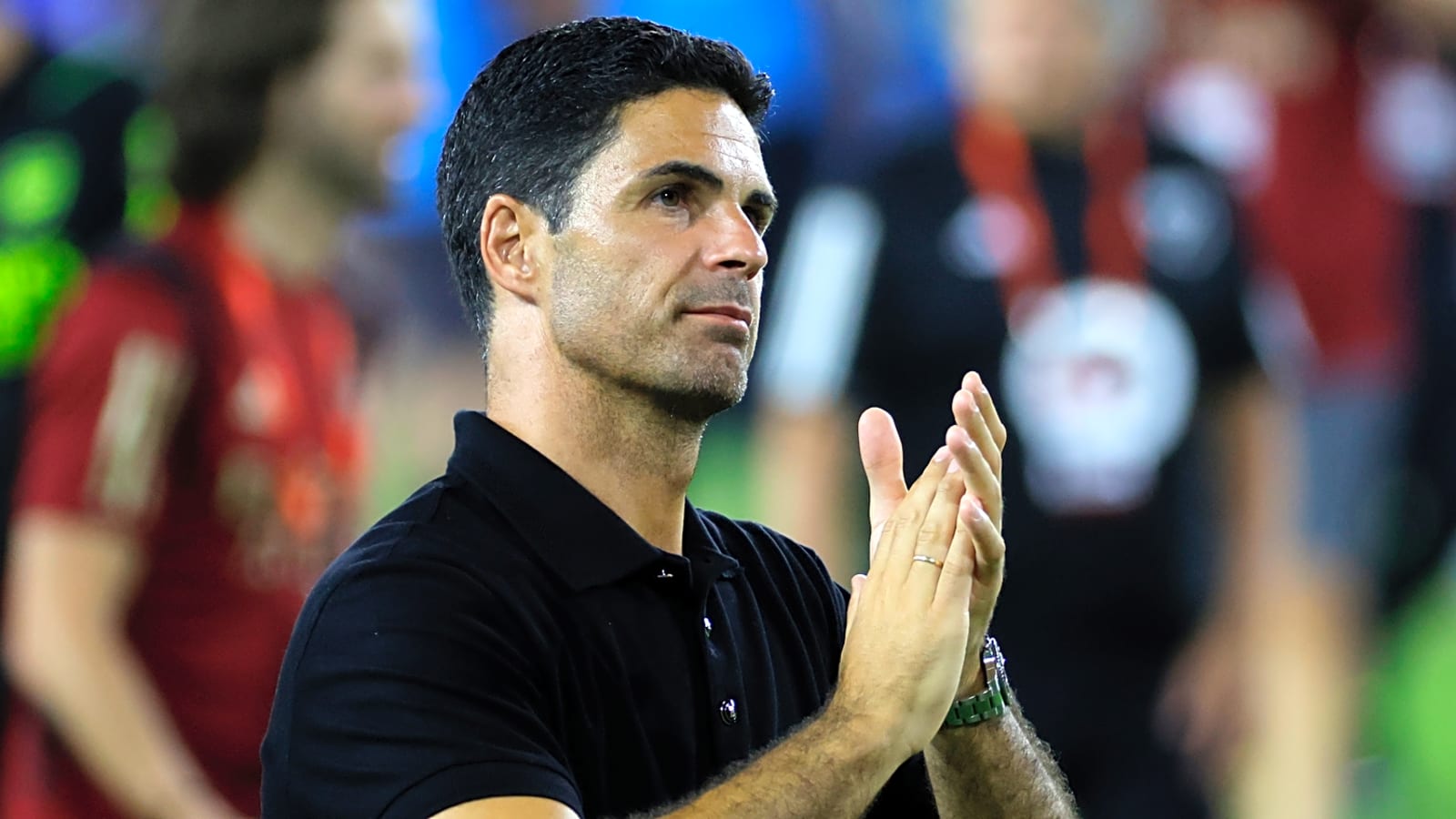
Supercomputer predicts surprise Champions League winner
The UEFA Champions League is only two matchdays into its new league phase, yet the debate over who might be crowned champion in 2026 is already shifting.
Bookmakers and analysts are adjusting to early results, but the most eye-catching update comes from Opta’s supercomputer. After running thousands of simulations, the model has thrown up a surprise front-runner.
Supercomputer predicts Champions League winner
Arsenal is currently rated as the most likely winner, with an 18.09 percent chance of lifting the trophy, despite not having reached the final since 2006. Liverpool sits second at 14.7 percent, with reigning champion PSG third at 13.96 percent.
The rest of the top five is rounded out by Manchester City (9.71 percent) and Bayern Munich (9.5 percent). Spanish giants Barcelona (8.25 percent) and Real Madrid (4.94 percent) are considered outsiders by comparison.
Arsenal are the only English side with a 100% record in the Champions League this season ✨ pic.twitter.com/gLDLIx0bee
— ESPN UK (@ESPNUK) October 2, 2025
Which teams look promising ... and which don't?
That Arsenal is leading the pack reflects more than just statistical noise. Its early form has been impressive, while rivals have already stumbled.
On Tuesday, Liverpool was stunned in Istanbul, beaten 1-0 by Galatasaray as Victor Osimhen converted from the spot. The defeat came on the back of a Premier League wobble, raising questions over its consistency in both domestic and European competition.
Elsewhere, Real Madrid made light work of Kairat Almaty behind a 5-0 win, with Kylian Mbappe hitting a hat trick to remind Europe of his potency. Bayern Munich also sent out a message with a 5-1 victory at Pafos, with Harry Kane striking twice alongside goals from Raphael Guerreiro, Nicolas Jackson and Michael Olise.
Wednesday’s fixtures added further twists. Arsenal saw off Olympiacos, 2-0, with Gabriel Martinelli opening the scoring before Bukayo Saka sealed the result late on. It was a sixth straight group-stage win that highlights its momentum domestically and abroad.
In Spain, PSG edged Barcelona, 2-1, thanks to Goncalo Ramos' stoppage-time strike, while Manchester City was held to a 2-2 draw in Monaco after Eric Dier’s last-minute penalty canceled out Erling Haaland’s brace.
These results have already shifted the model’s outlook. Liverpool’s slip weakens one of the favorites, creating space for so-called dark horses. Arsenal’s depth, boosted by its summer spending, is translating into sustained performances, while PSG continues to look capable of back-to-back triumphs. Bayern’s firepower, led by Kane, remains undeniable, but City’s lapses echo the problems that undermined it last season.
Of course, predictive models are no crystal ball. A few percentage points gained or lost after one result is far from decisive. What the Opta simulations do offer, however, is a snapshot of how the balance of power is evolving. Two matchdays in, the Champions League remains wide open, and the supercomputer suggests fans should expect more drama to come.
More must-reads:
- Newcastle branded 'idiots' for splashing out on record striker
- Kylian Mbappe makes history with stunning showing in Kazakhstan
- The 'FIFA World Cup host cities' quiz
Breaking News
Trending News
Customize Your Newsletter
 +
+
Get the latest news and rumors, customized to your favorite sports and teams. Emailed daily. Always free!








